They want to right wrongs. They see flaws in the way things are, and they want to fix them. They understand that the stakes are high, yet they are hopeful and determined that their generation can make a difference.
Students who are pursuing careers in public service “are just political nerds in the best possible sense,” Deepa Prakash, associate professor of political science, said. “What seems to motivate them – though it sounds really simple – is that they have a desire to contribute positively to making public policy.”
Since she began teaching at DePauw in 2011, Prakash starts each class with the idea that “we’re living through a turbulent time. And it just seems that every year it becomes truer and truer,” she said. She tells students “you should be paying attention to politics and international relations because it’s so important to understand these things that are actually affecting your life.”
While some students “can be super apathetic,” apparently believing that “nothing seems to matter and all these systems are going to hell anyway,” many readily internalize her message. “They really understand that there are stakes and, I know it sounds a bit cliché, but that they can make some sort of difference,” she said.
“The ones whom I’ve seen really motivated really believe that their generation can change things, even if (they are) on different sides of the political aisle.”
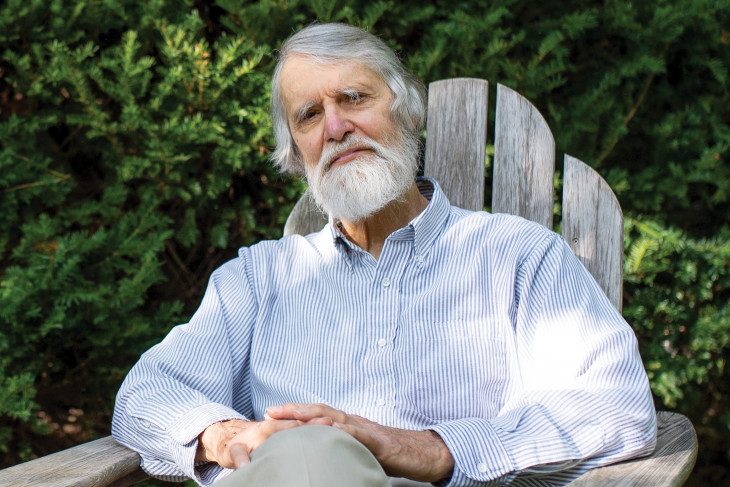
Bruce Stinebrickner
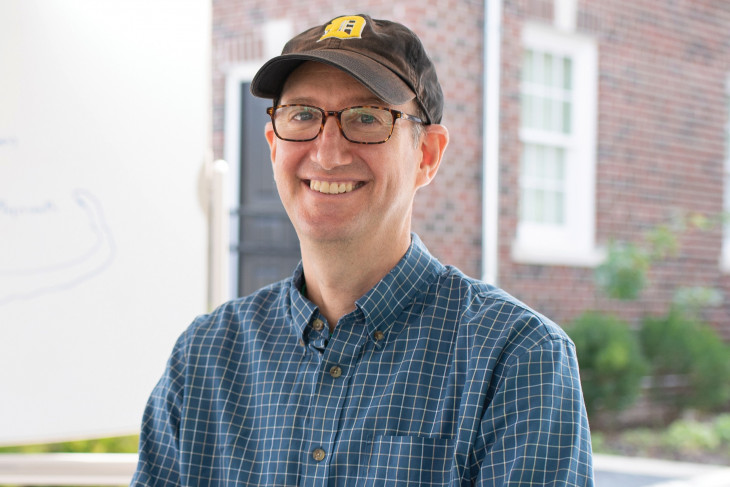
David Gellman
Bruce Stinebrickner, professor emeritus of political science, said people go into public service for a variety of reasons. “It’s not a single cause. There are a number of factors: opportunity, prestige and money, to serve others and ideological concerns.
“We human beings want monocausal explanations,” he said. “.. It’s a complex, difficult world to understand and that applies to individuals wanting to go into public service.”
David Gellman, the A.W. Crandall professor of history and chair of the History Department, said that “a lot of history majors go into public service … Everything has a history. So, if you’re going to address current problems, you have to be able to figure out not only where they came from but also that, more often than not, this is not the first time that an issue has come up.”
For example, “it’s not like there aren’t precedents for our current Black Lives Matter struggles, or reactions in the highest places against progress that we’ve forged on race, gender and sexuality,” Gellman said.
“There aren’t simple lessons like ‘cut and paste this policy to this time’ or ‘just follow the ways of Abe Lincoln and all will be well.’ But it does remind you that we’ve been here – wherever here is – on any public service issue or crisis.”
Gellman asks his students to put themselves in the shoes of ordinary people “who had choices to make” in the past.
“When you take a history class, you get to apply your imagination to that and it makes you humble,” he said, “but it also makes you understand the implications of power and decision-making and politics and who gets included and who gets excluded from those decisions. I think it’s a great preparation for public service.”
DePauw Magazine
Fall 2020
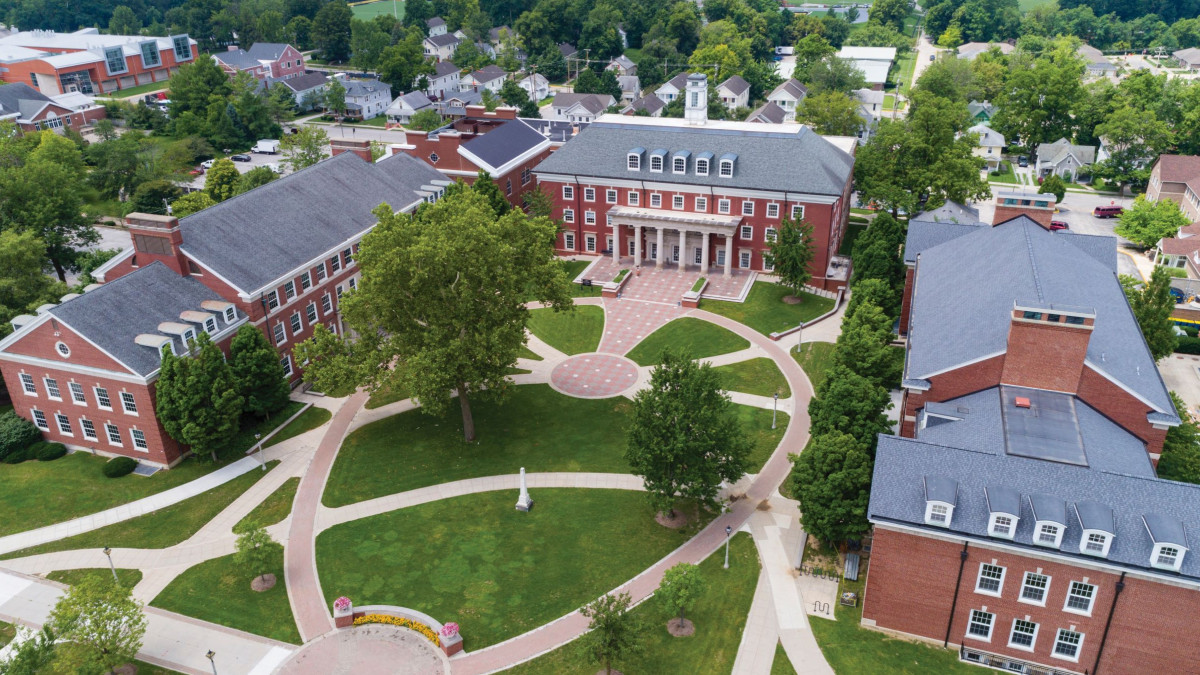 First Person: DePauw Nursing
First Person: DePauw Nursing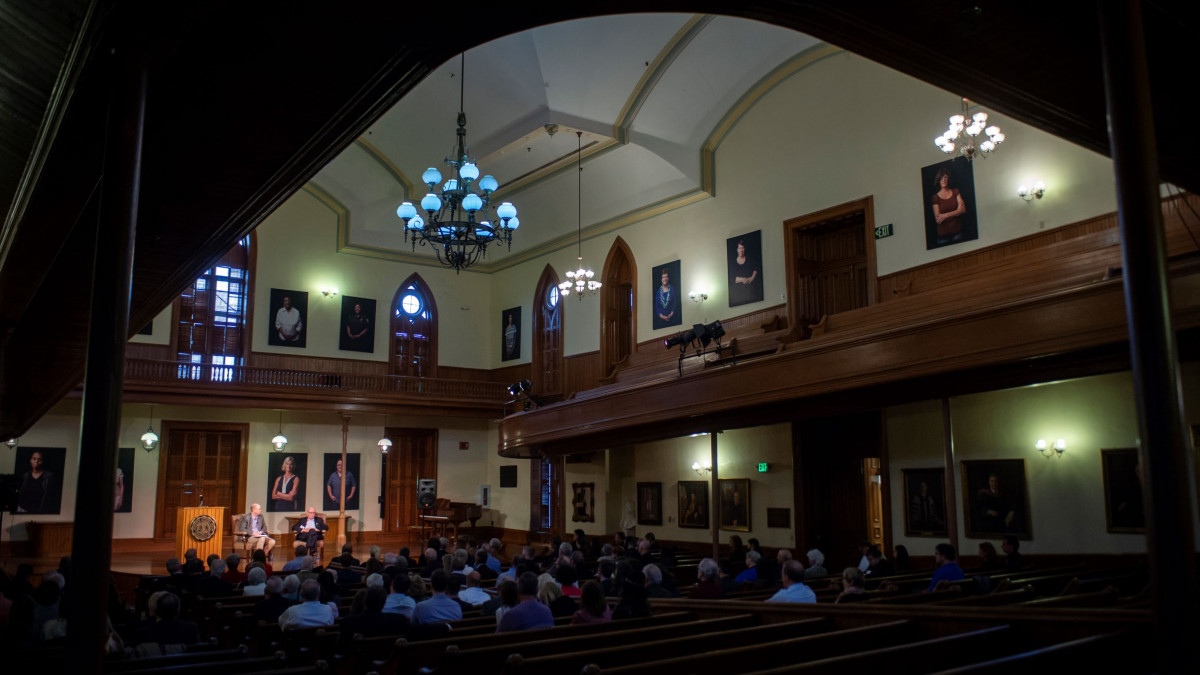 Old Gold: The president and the benefactor: Close friendship created an enduring legacy
Old Gold: The president and the benefactor: Close friendship created an enduring legacy THE BO(U)LDER QUESTION: Racial Justice
THE BO(U)LDER QUESTION: Racial Justice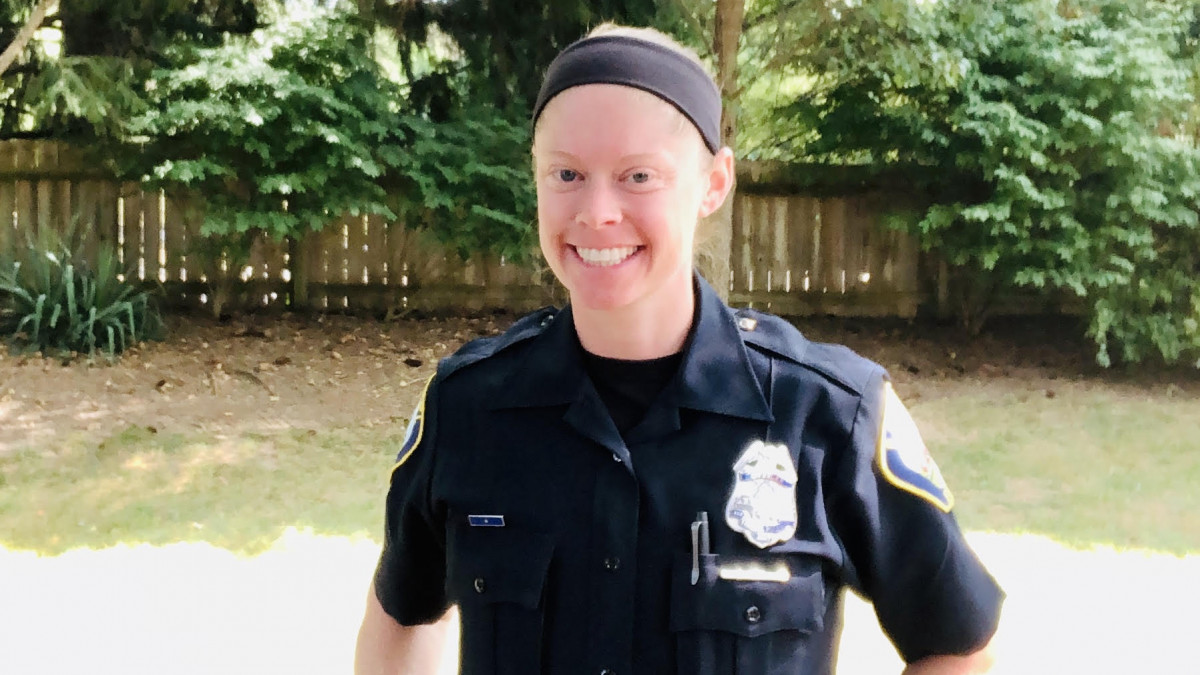 THE BO(U)LDER QUESTION: Racial Justice
THE BO(U)LDER QUESTION: Racial Justice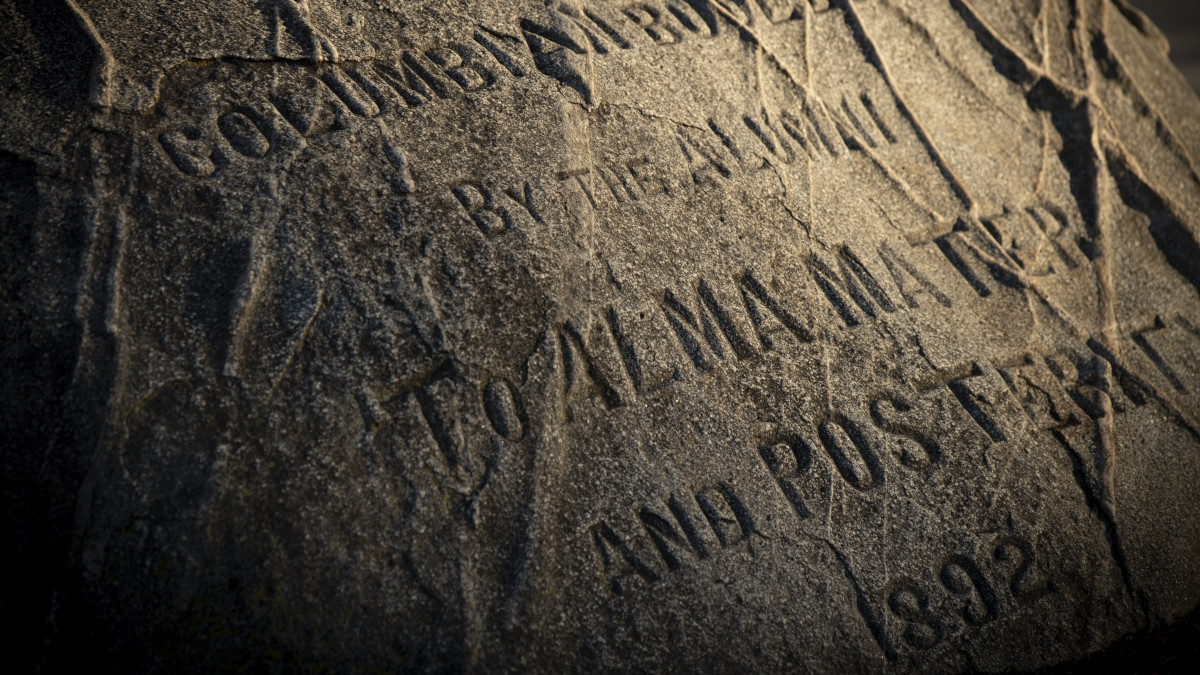 THE BO(U)LDER QUESTION: Racial Justice
THE BO(U)LDER QUESTION: Racial Justice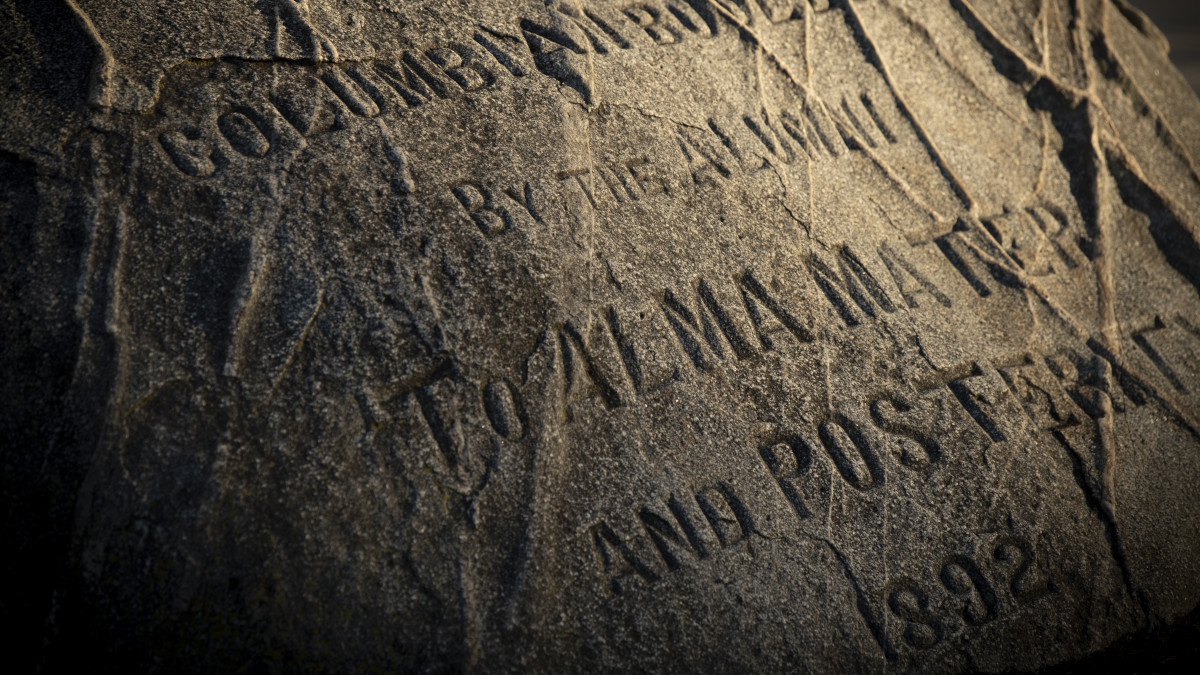 THE BO(U)LDER QUESTION: Racial justice
THE BO(U)LDER QUESTION: Racial justice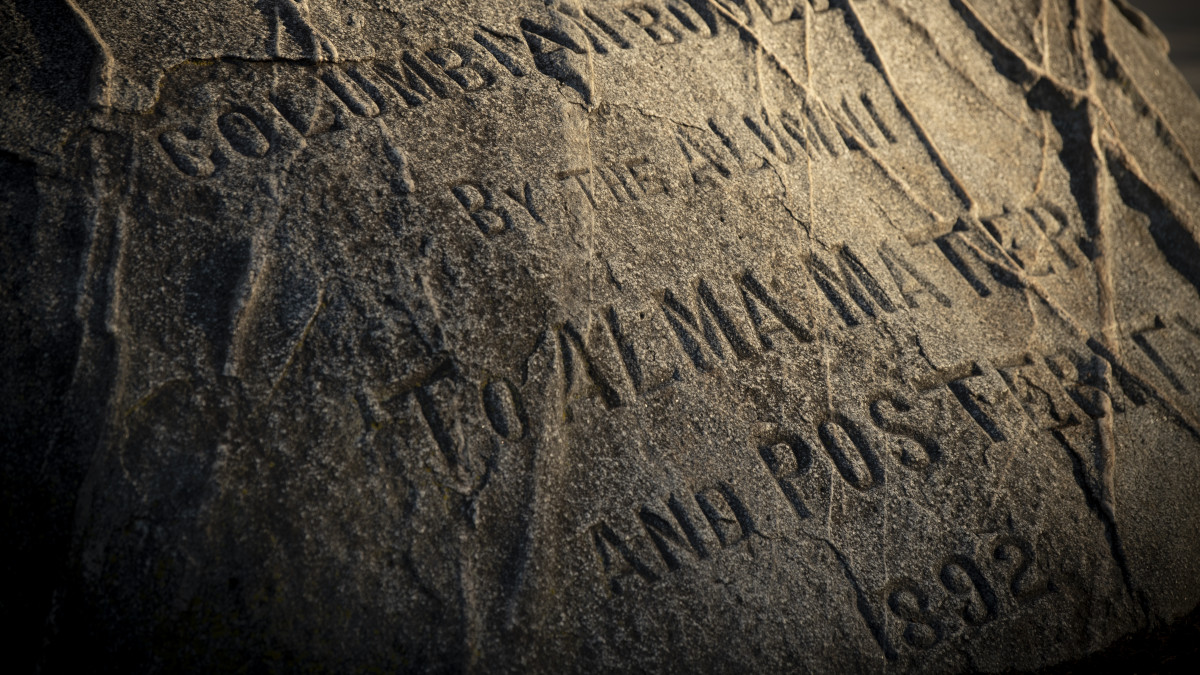 THE BO(U)LDER QUESTION: Racial Justice
THE BO(U)LDER QUESTION: Racial Justice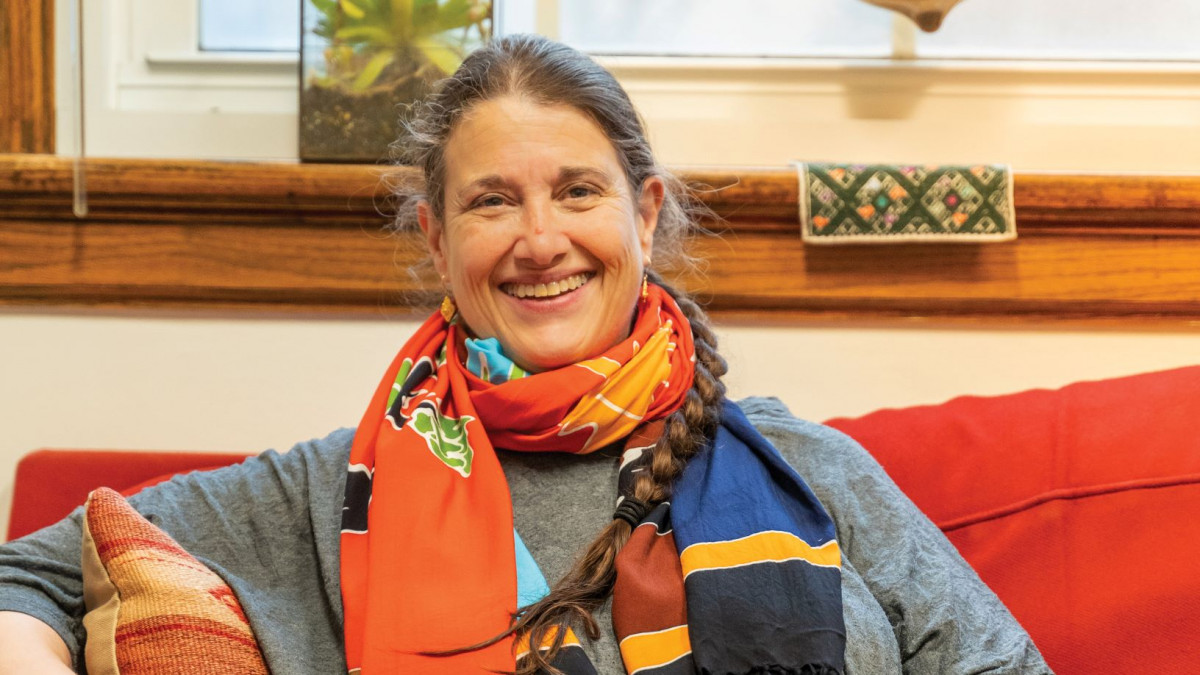 THE BO(U)LDER QUESTION: Racial Justice
THE BO(U)LDER QUESTION: Racial Justice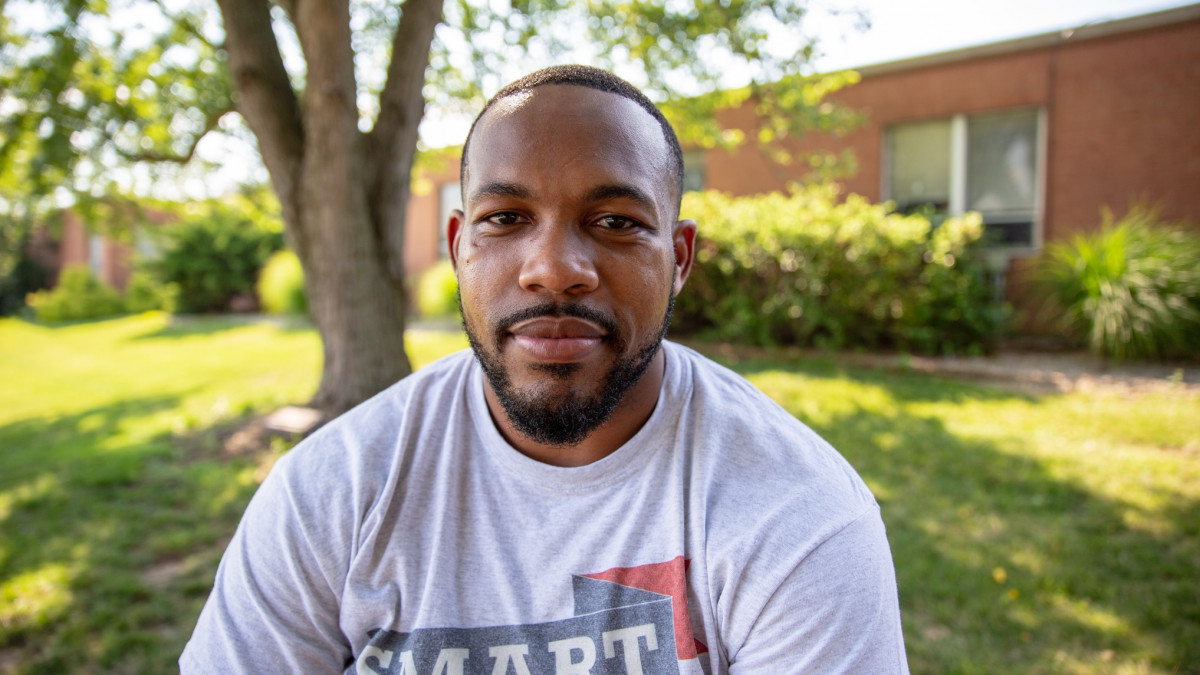 THE BO(U)LDER QUESTION: Racial Justice
THE BO(U)LDER QUESTION: Racial Justice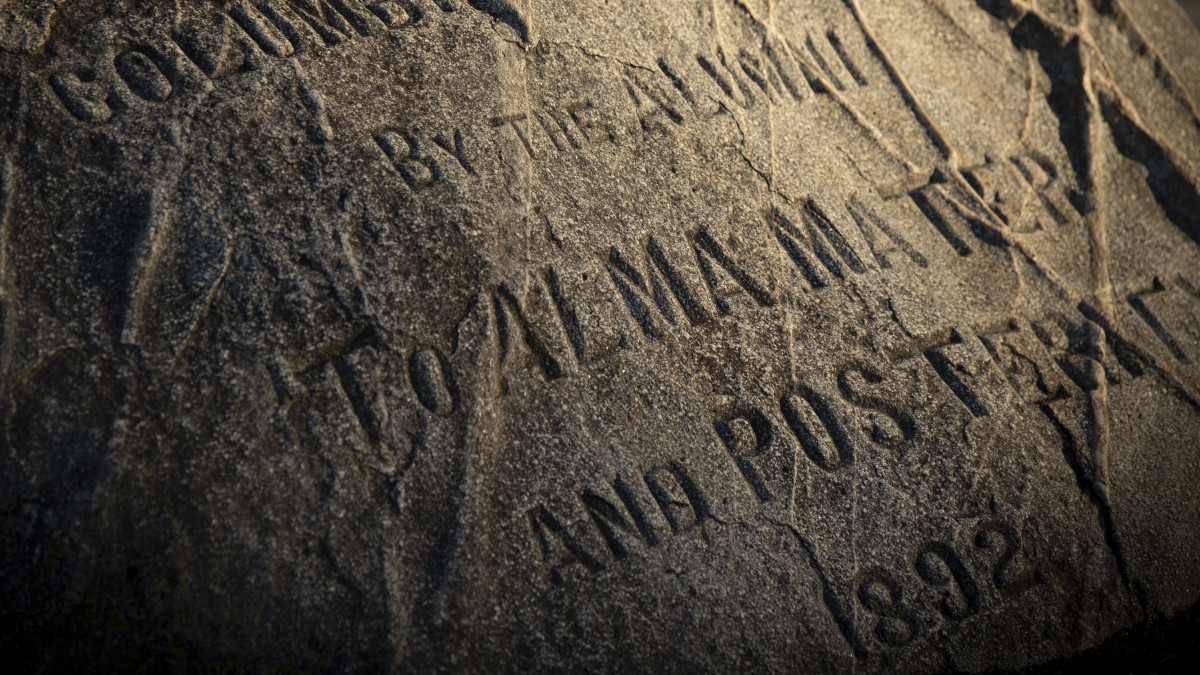 THE BO(U)LDER QUESTION: Racial Justice
THE BO(U)LDER QUESTION: Racial Justice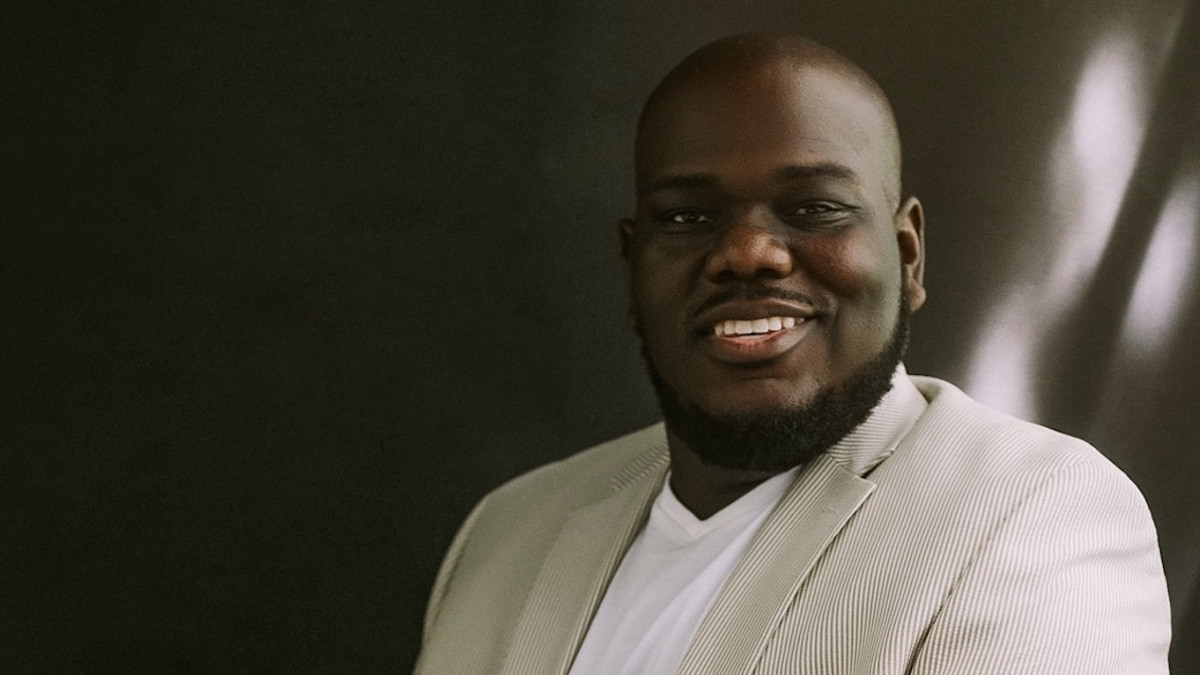 THE BO(U)LDER QUESTION: Racial Justice
THE BO(U)LDER QUESTION: Racial Justice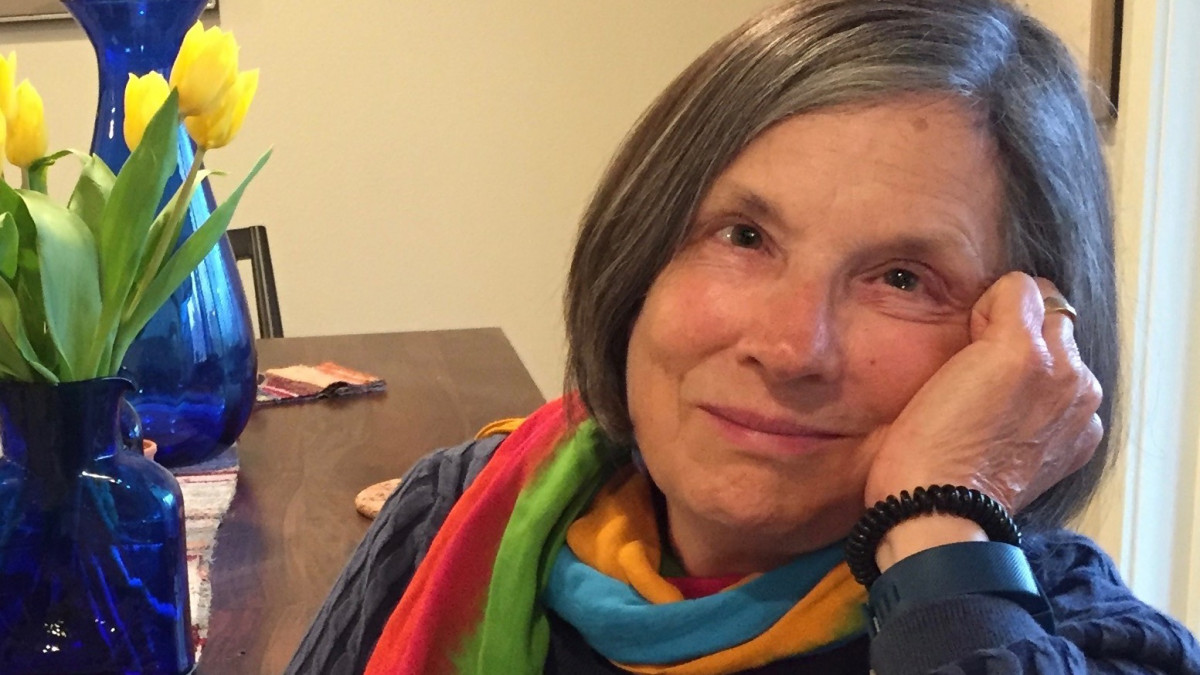 THE BO(U)LDER QUESTION: Racial Justice
THE BO(U)LDER QUESTION: Racial Justice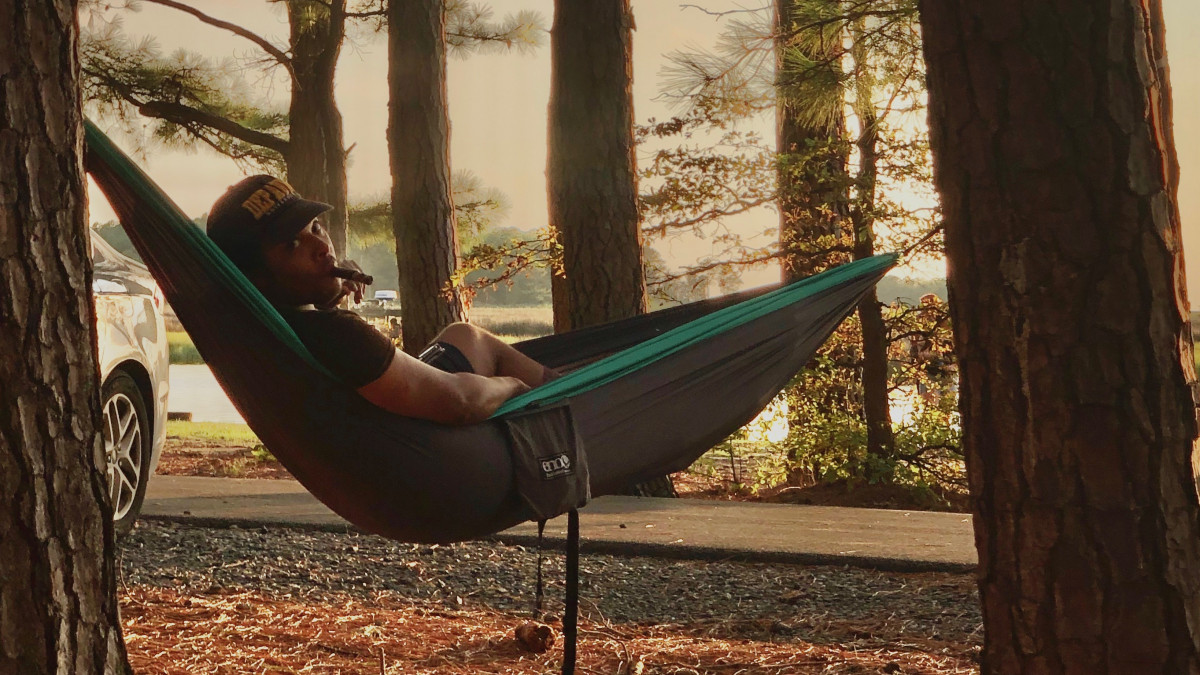 The Bo(u)lder Question: Racial Justice
The Bo(u)lder Question: Racial Justice The Bo(u)lder Question
The Bo(u)lder Question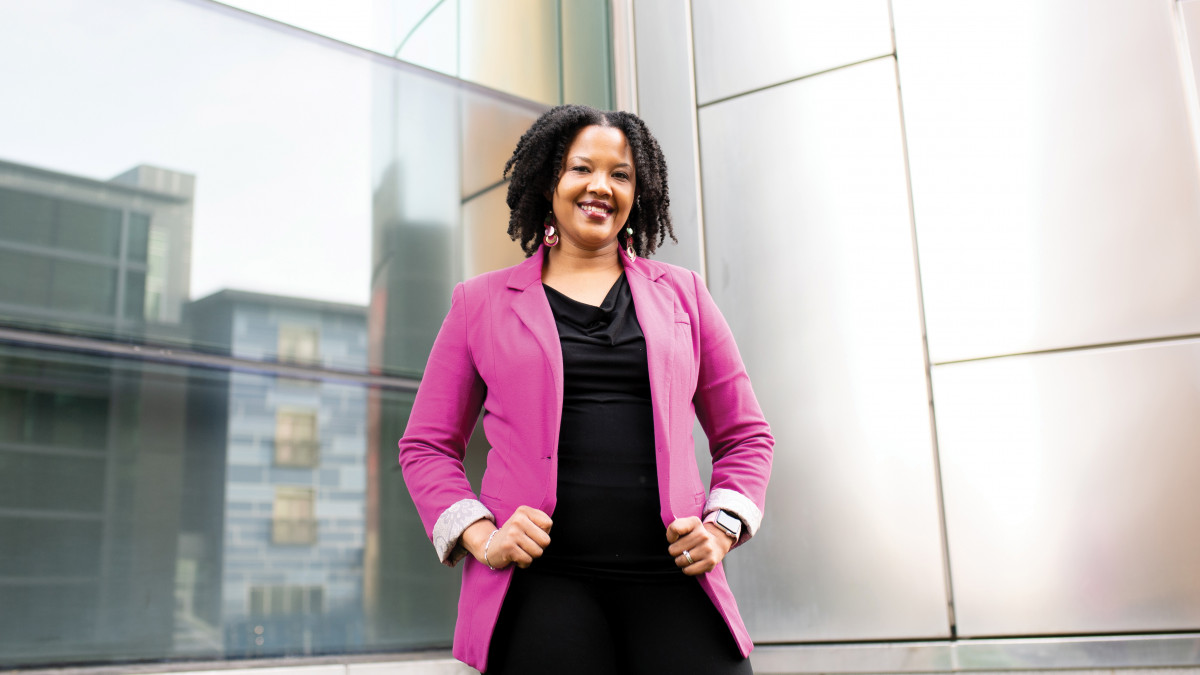 The Bo(u)lder Question: Racial Justice
The Bo(u)lder Question: Racial Justice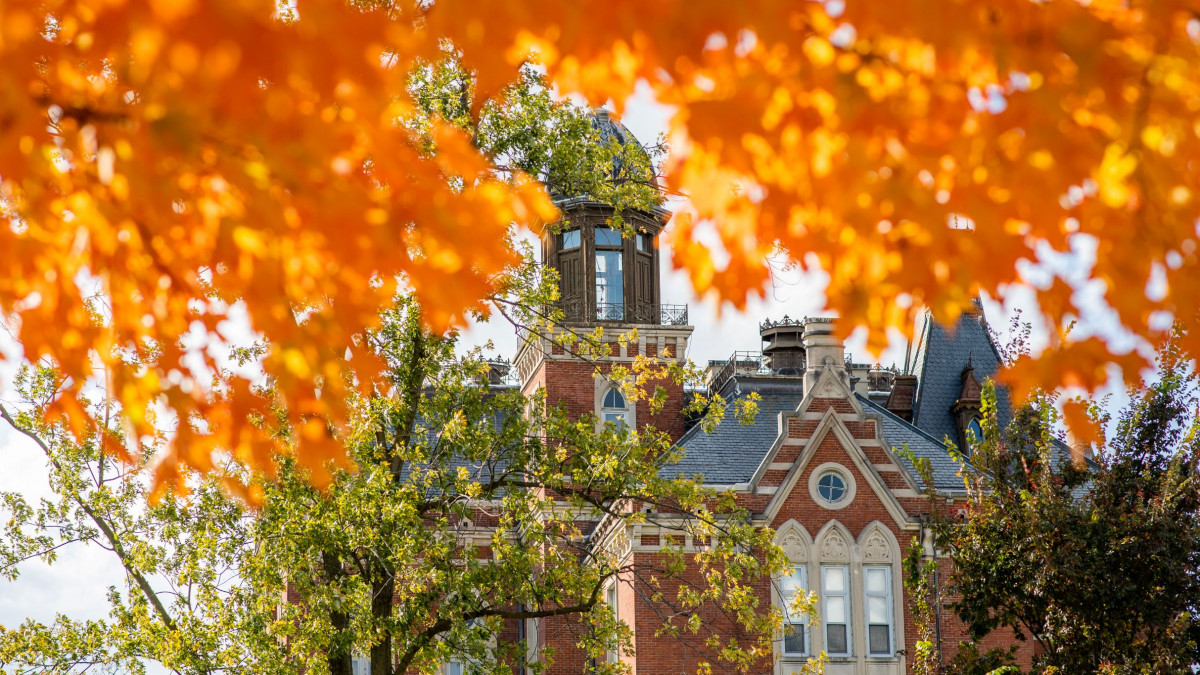 THE PUBLIC SERVANTS: Jane Noble Luljak ’49
THE PUBLIC SERVANTS: Jane Noble Luljak ’49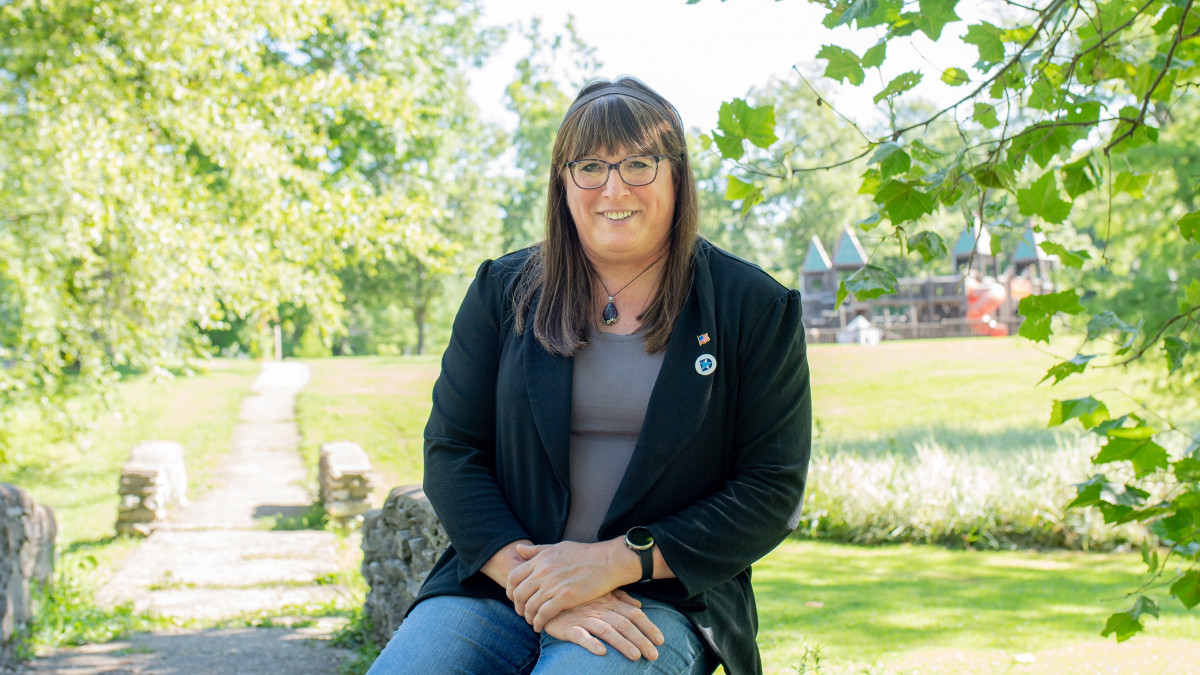 THE PUBLIC SERVANTS: Veronica Pejril
THE PUBLIC SERVANTS: Veronica Pejril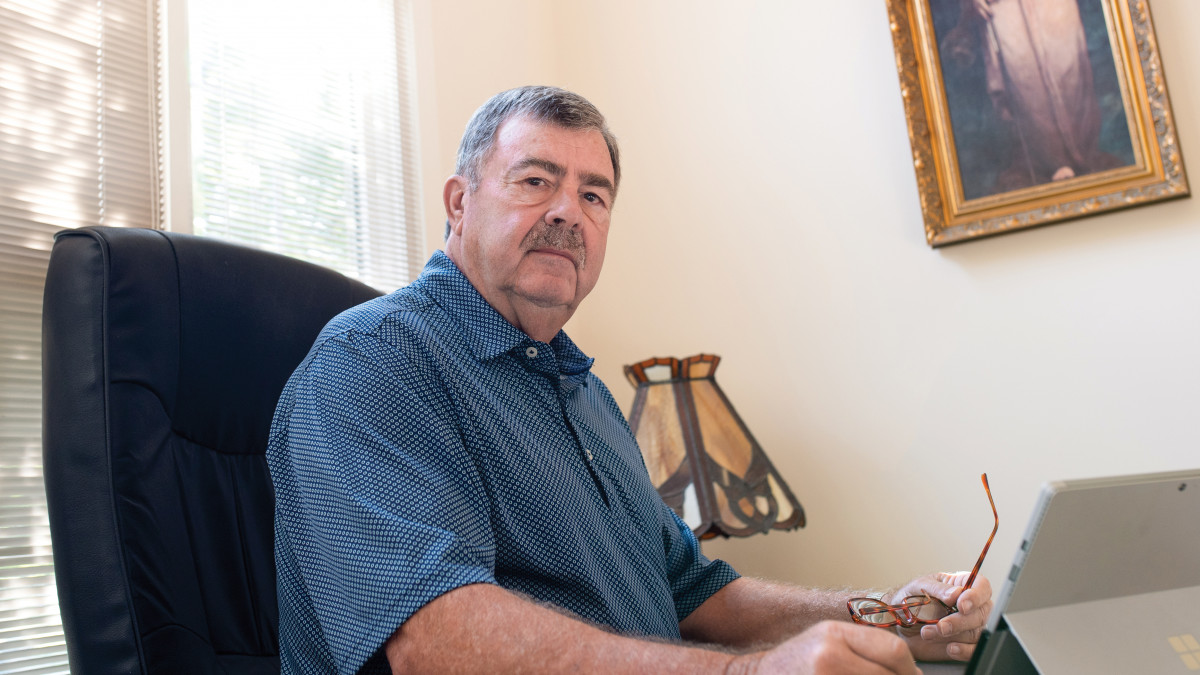 THE PUBLIC SERVANTS: Terry Crone ’74
THE PUBLIC SERVANTS: Terry Crone ’74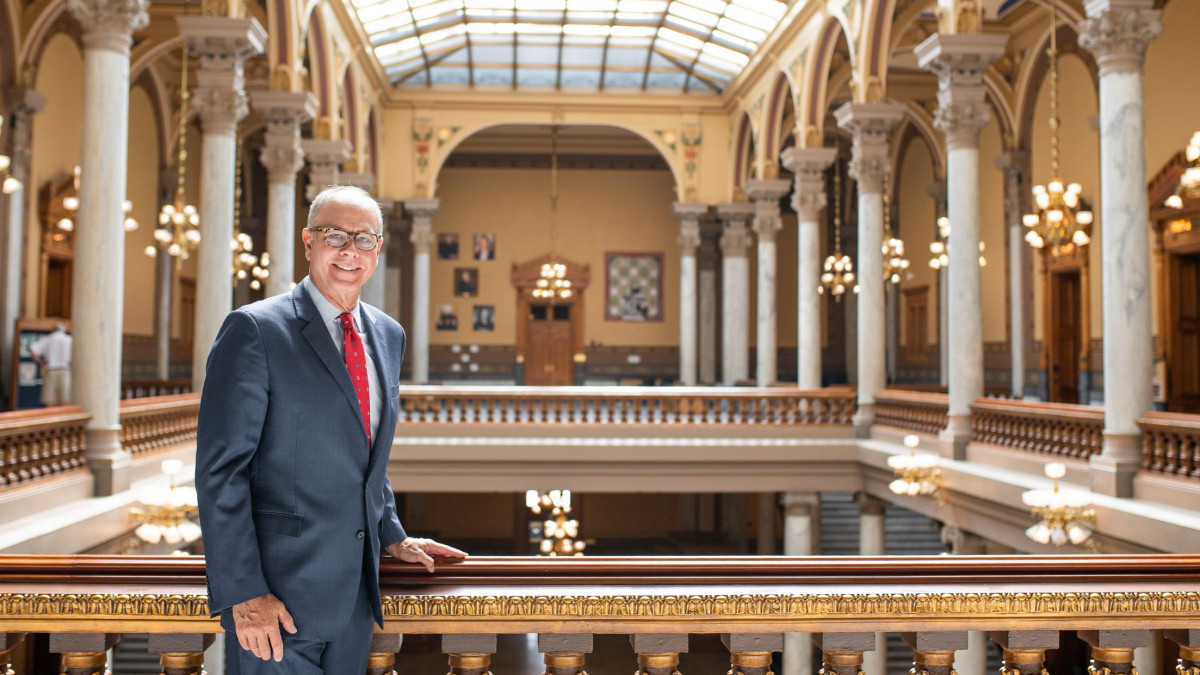 THE PUBLIC SERVANTS: John Hammond ’76
THE PUBLIC SERVANTS: John Hammond ’76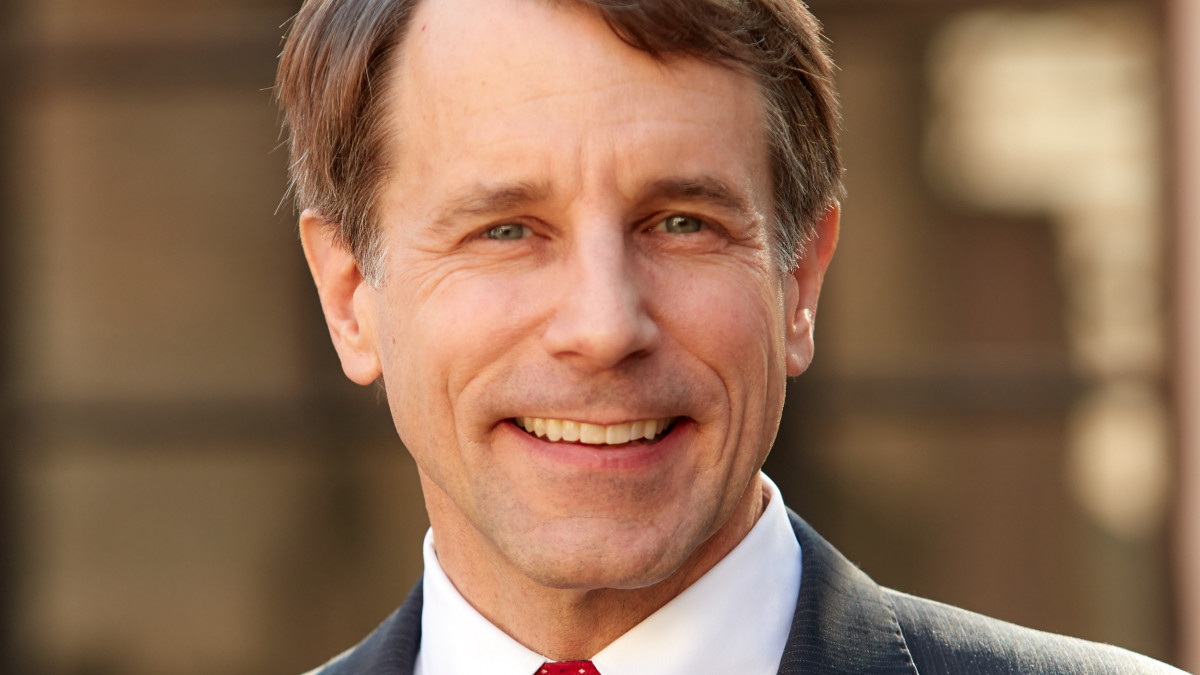 THE PUBLIC SERVANTS: Dave Jones ’84
THE PUBLIC SERVANTS: Dave Jones ’84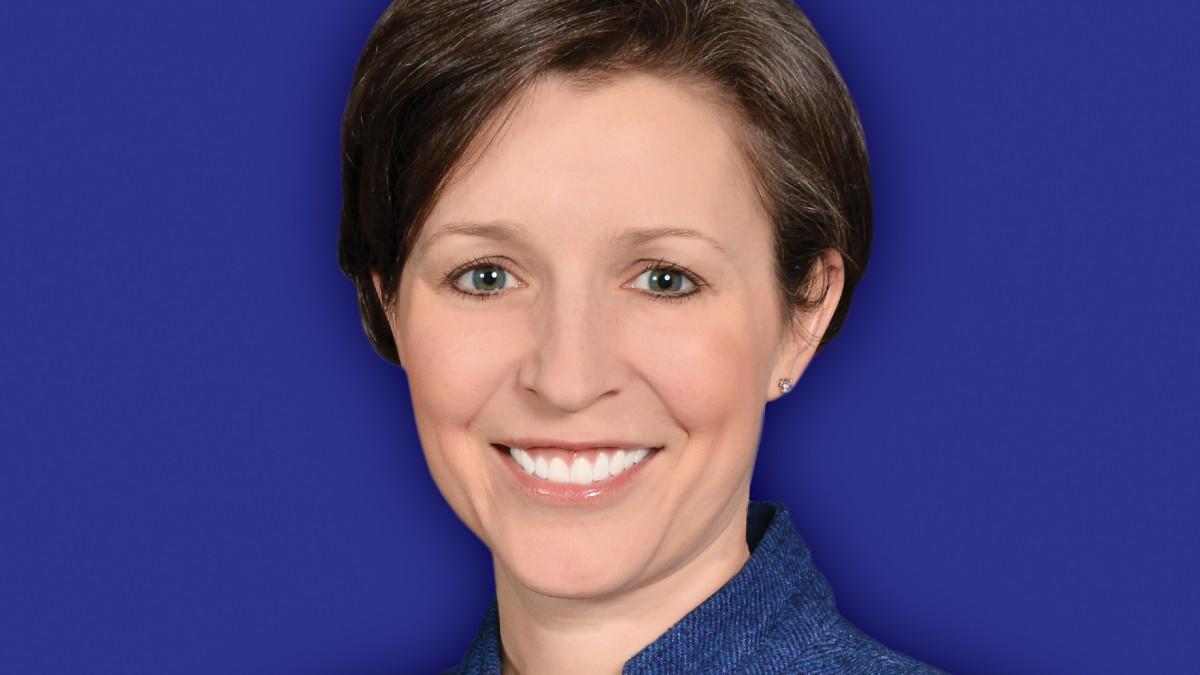 THE PUBLIC SERVANTS: Lucy Ferguson VanMeter ’97
THE PUBLIC SERVANTS: Lucy Ferguson VanMeter ’97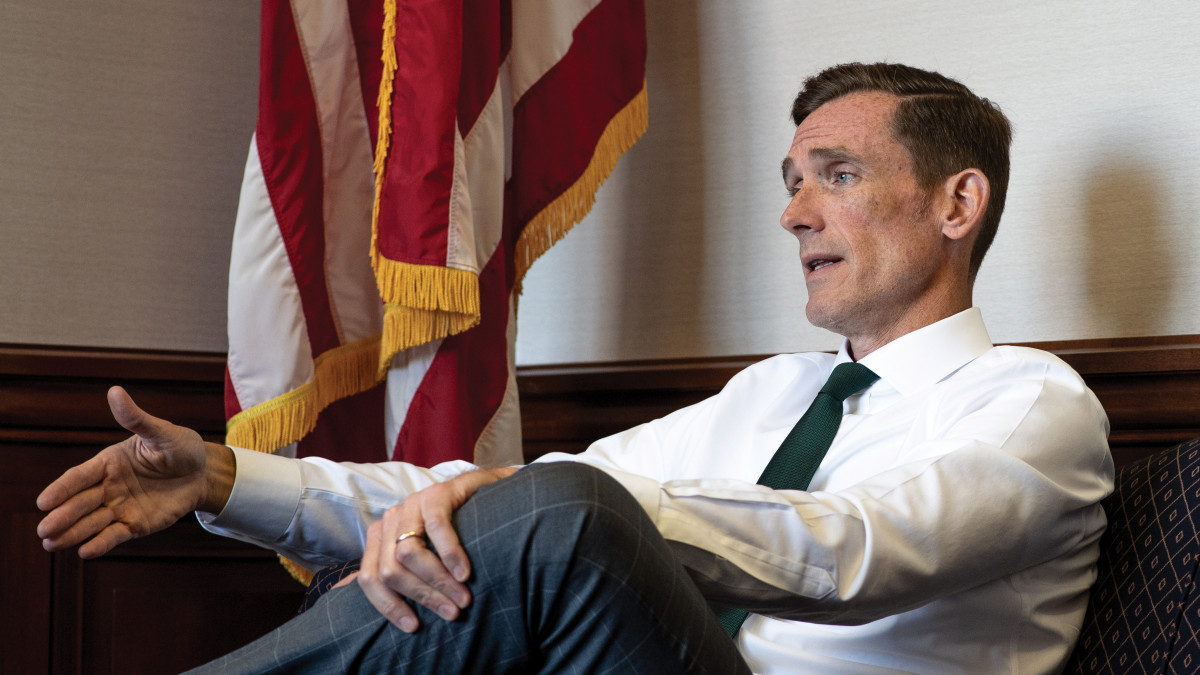 THE PUBLIC SERVANTS: J.P. Hanlon ’92
THE PUBLIC SERVANTS: J.P. Hanlon ’92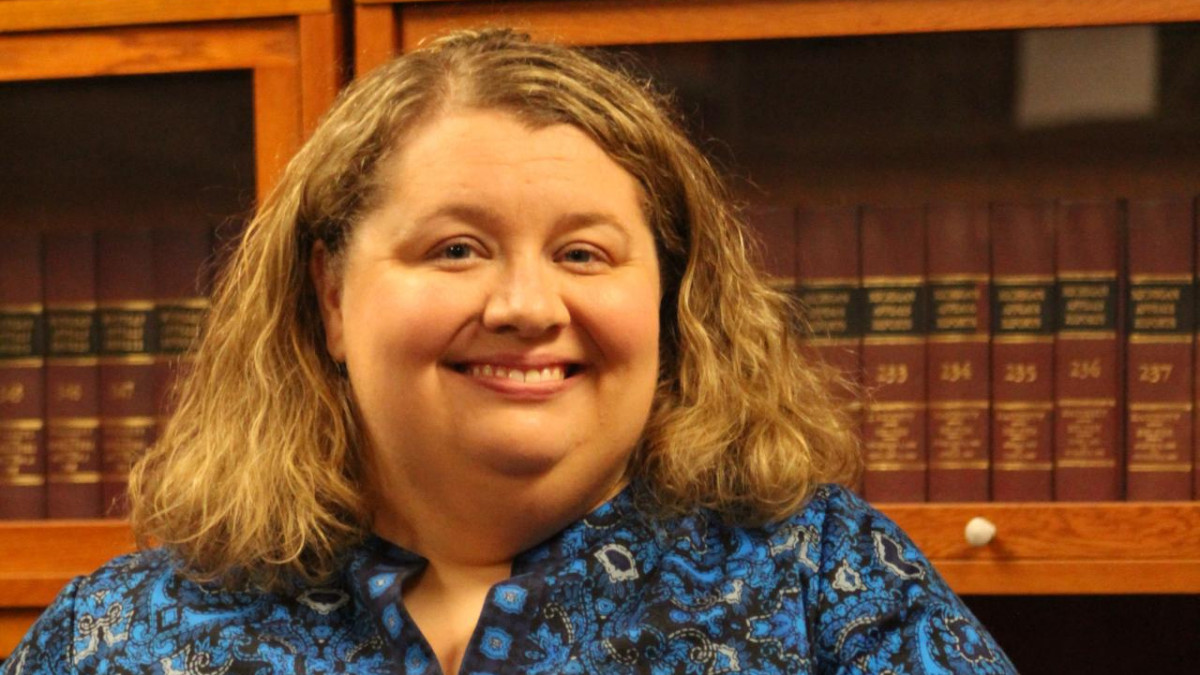 THE PUBLIC SERVANTS: Brittany Bulleit ’05
THE PUBLIC SERVANTS: Brittany Bulleit ’05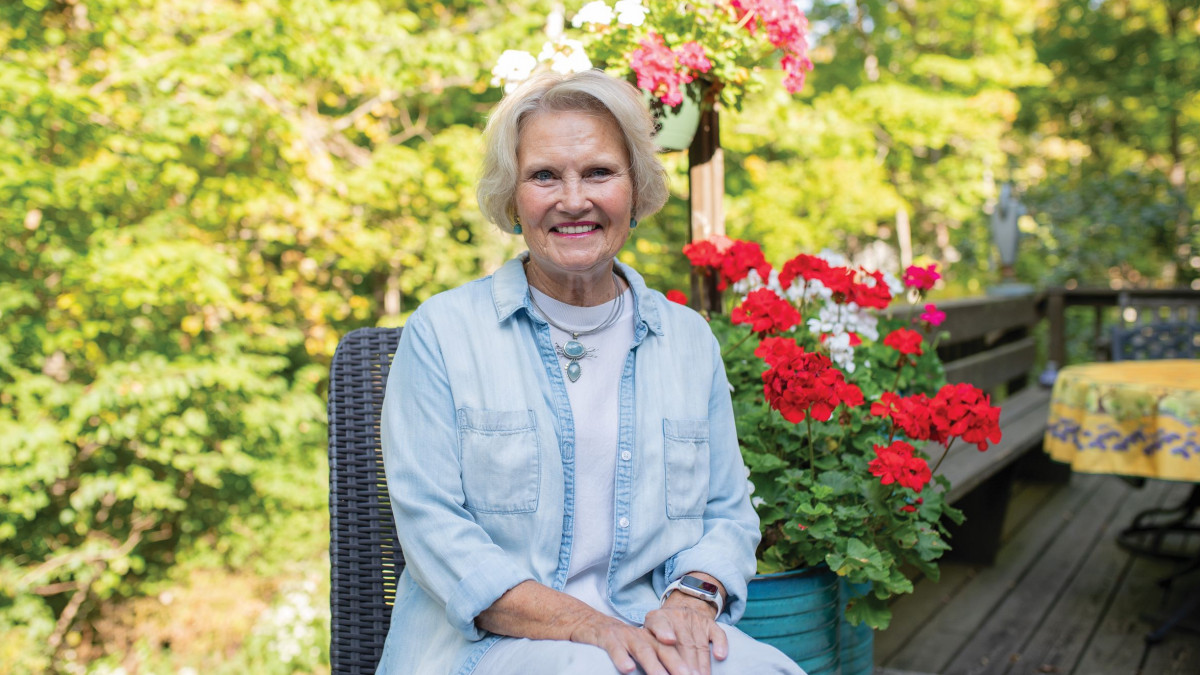 THE PUBLIC SERVANTS: Sue Anne Starnes Gilroy ’70
THE PUBLIC SERVANTS: Sue Anne Starnes Gilroy ’70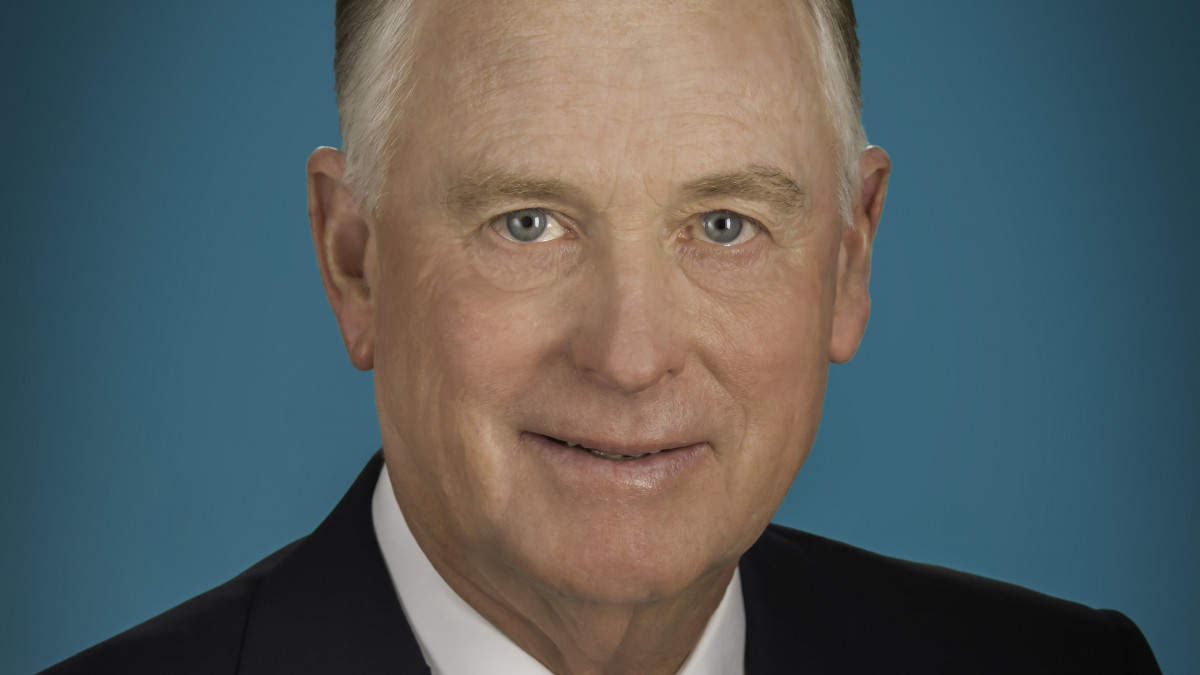 THE PUBLIC SERVANTS: Dan Quayle ’69
THE PUBLIC SERVANTS: Dan Quayle ’69 THE PUBLIC SERVANTS: Shatrese Flowers ’95
THE PUBLIC SERVANTS: Shatrese Flowers ’95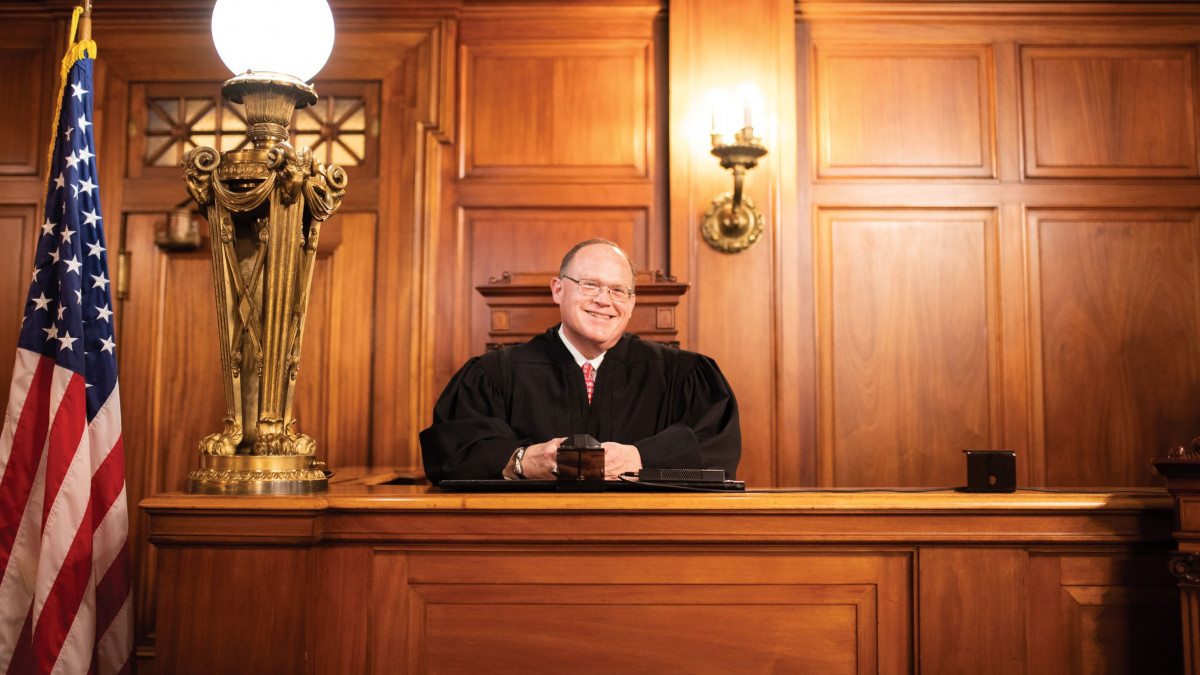 THE PUBLIC SERVANTS: C. Shea Nickell ’81
THE PUBLIC SERVANTS: C. Shea Nickell ’81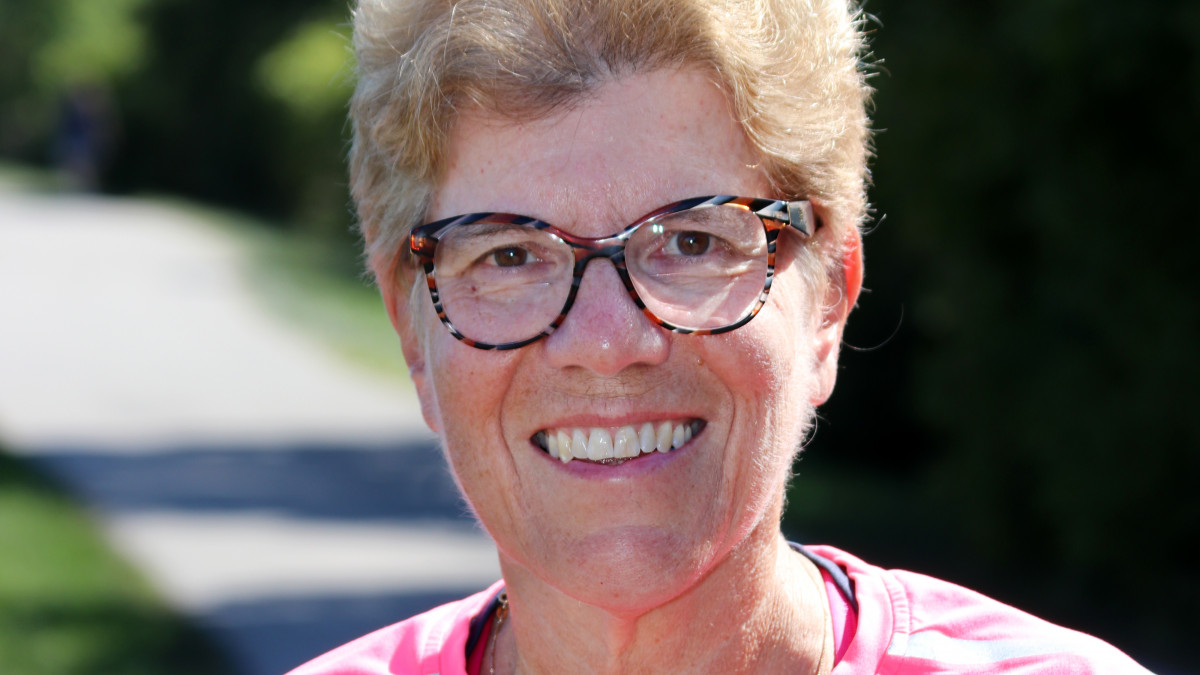 The Public Servants: Nancy Boyer ’73
The Public Servants: Nancy Boyer ’73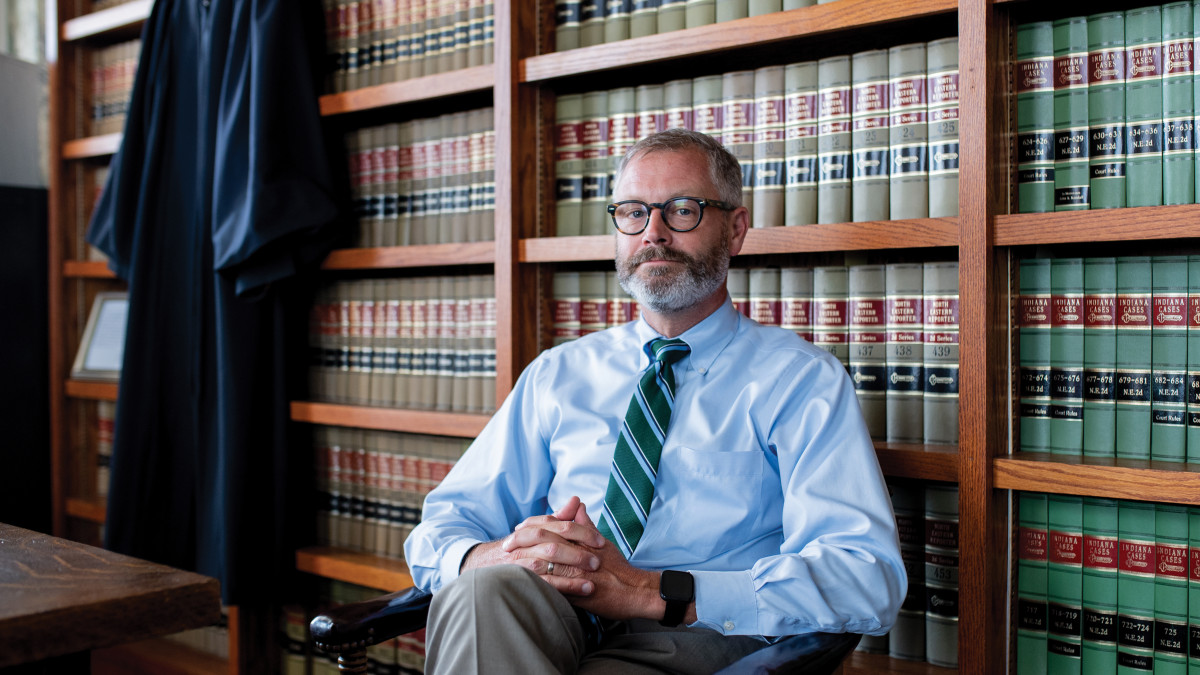 THE PUBLIC SERVANTS: Matthew Kincaid ’92
THE PUBLIC SERVANTS: Matthew Kincaid ’92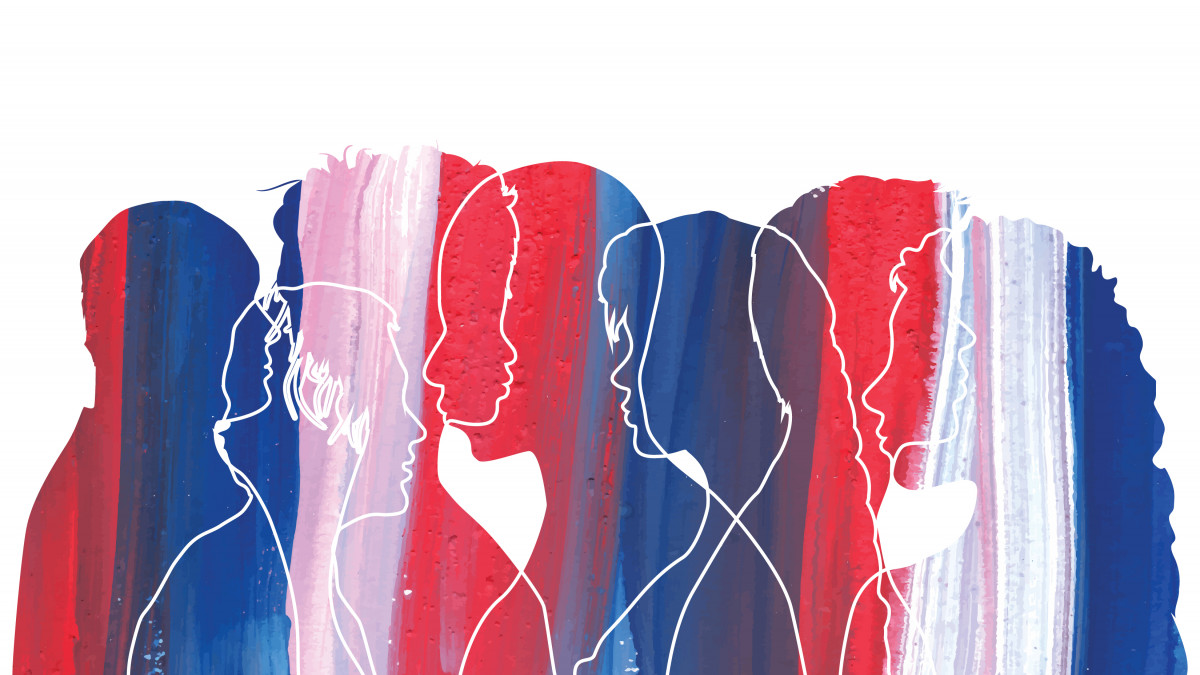 The Public Servants
The Public Servants Profs see promise in poli sci, history students who plan public service careers
Profs see promise in poli sci, history students who plan public service careers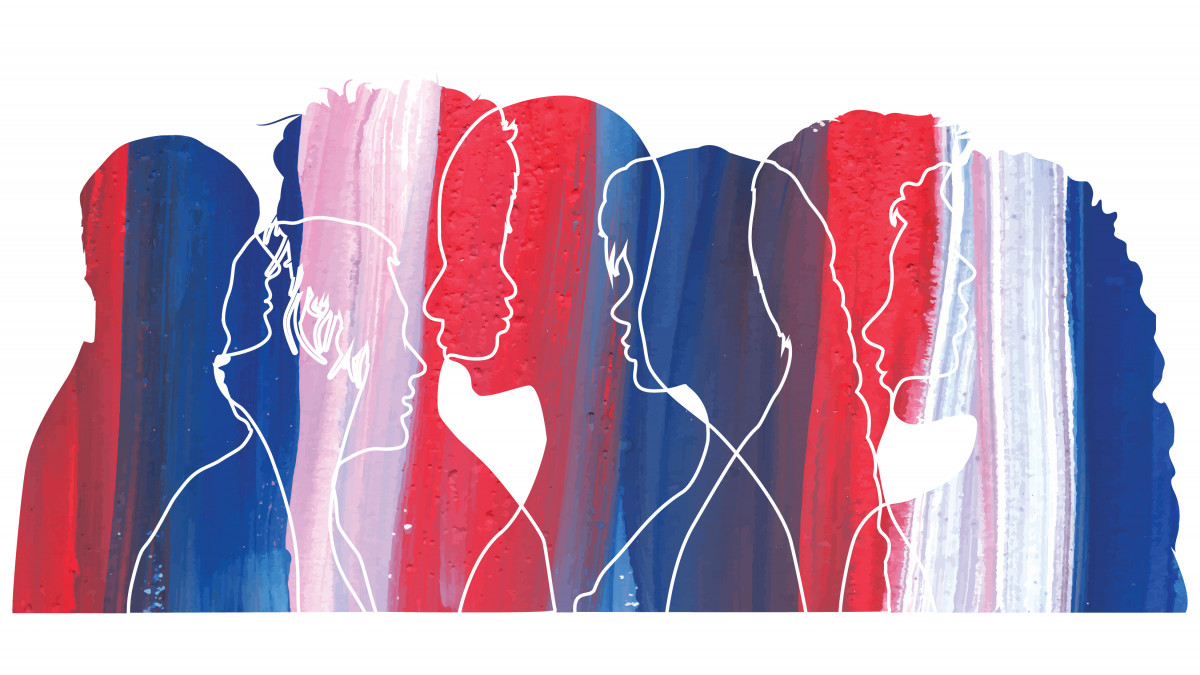 Stimulated and prepared by DePauw, alums work to serve others
Stimulated and prepared by DePauw, alums work to serve others
DePauw Stories
A GATHERING PLACE FOR STORYTELLING ABOUT DEPAUW UNIVERSITY
Browse other stories
-
Athletics
-
Men's Tennis - DePauw Completes Weekend Sweep with Win over North Central
-
Baseball - Tigers Score 10 in the Ninth in 15-5 Season-Opening Win
-
Baseball - DePauw Finishes with Opening Weekend Split
More Athletics
-
-
News
-
Francesca Seaman Speaks the Language of Mentorship
-
DePauw Announces $10 Million Matching Challenge for Student Scholarships
-
DePauw University Remembers Esteemed President Emeritus Robert G. Bottoms
More News
-
-
People & Profiles
-
Empie, Party of Five: One Family’s Unique DePauw Bond
-
Entrepreneurs Eric Fruth ’02 and Matt DeLeon ’02 Are Running More Than a Business
-
Rick Provine Leaves Legacy of Leadership and Creativity
More People & Profiles
-
-
Have a story idea?
Whether we are writing about the intellectual challenge of our classrooms, a campus life that builds leadership, incredible faculty achievements or the seemingly endless stories of alumni success, we think DePauw has some fun stories to tell.
-
Communications & Marketing
101 E. Seminary St.
Greencastle, IN, 46135-0037
communicate@depauw.eduNews and Media
-
News media: For help with a story, contact:
Bob Weaver, Senior Director of Communications.
bobweaver@depauw.edu.